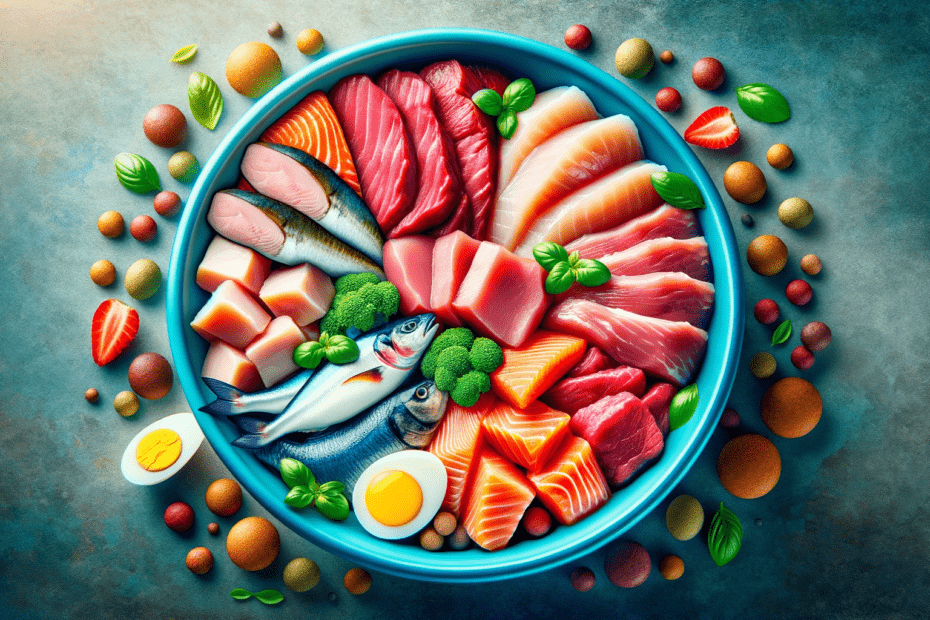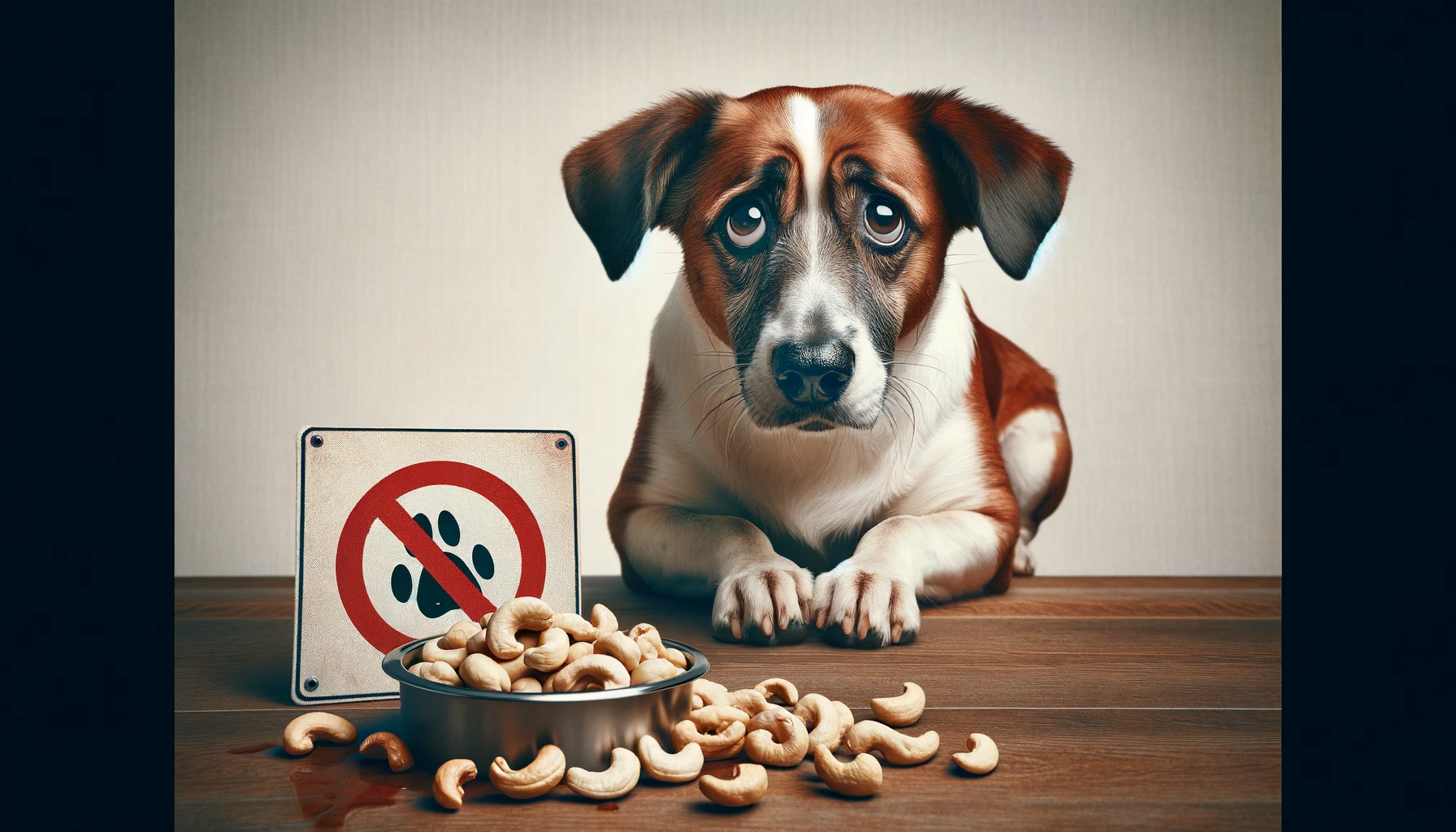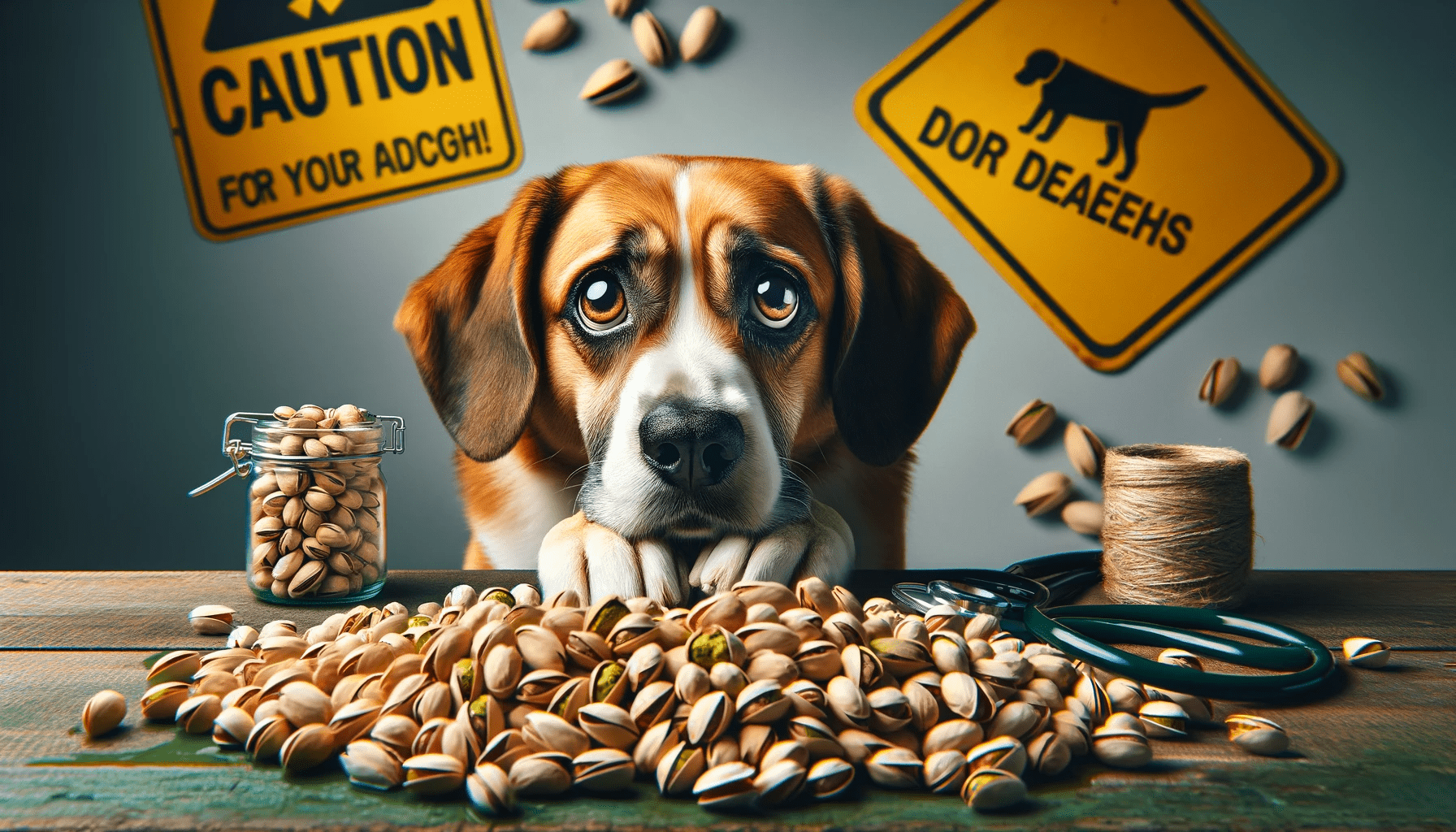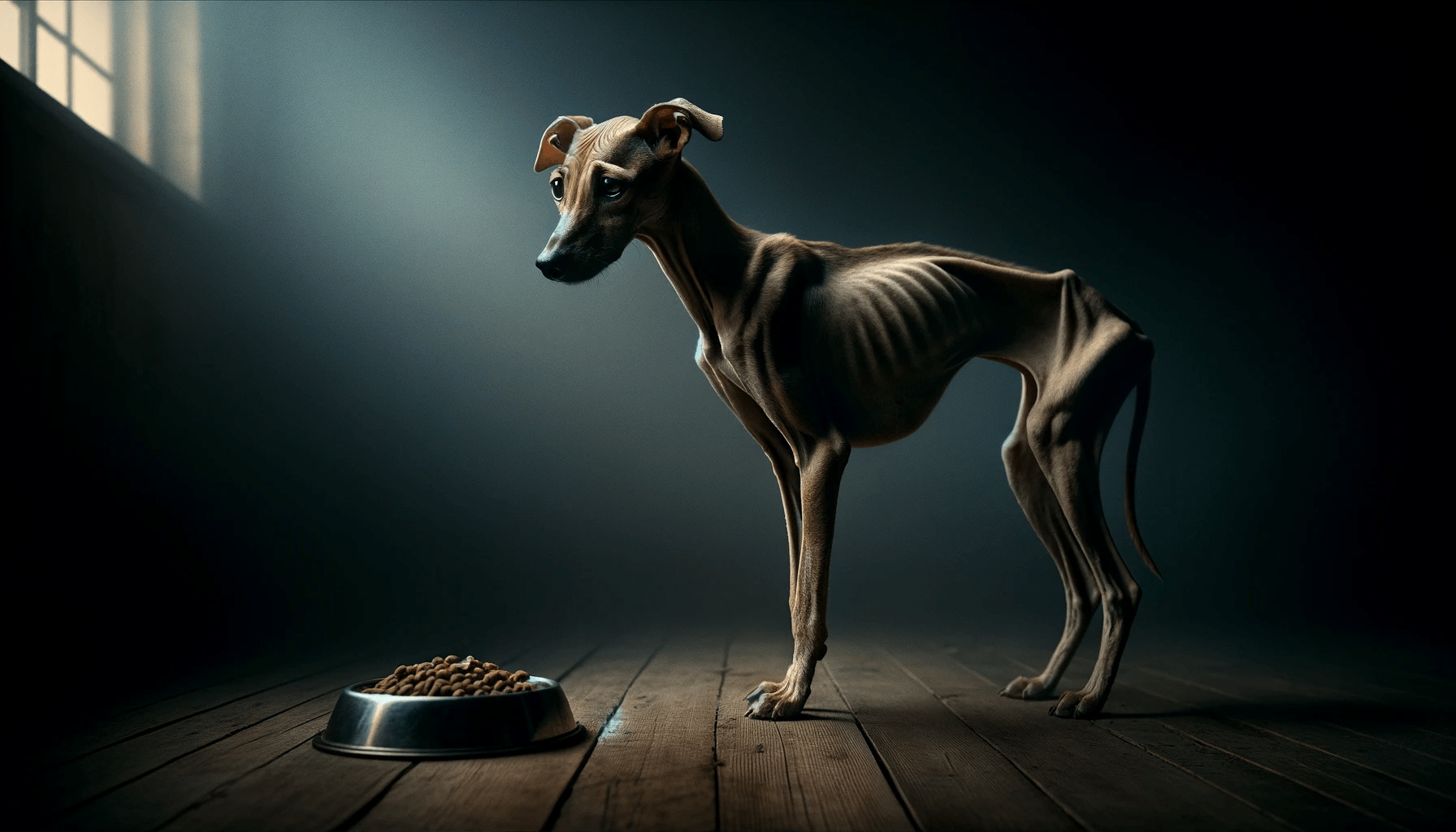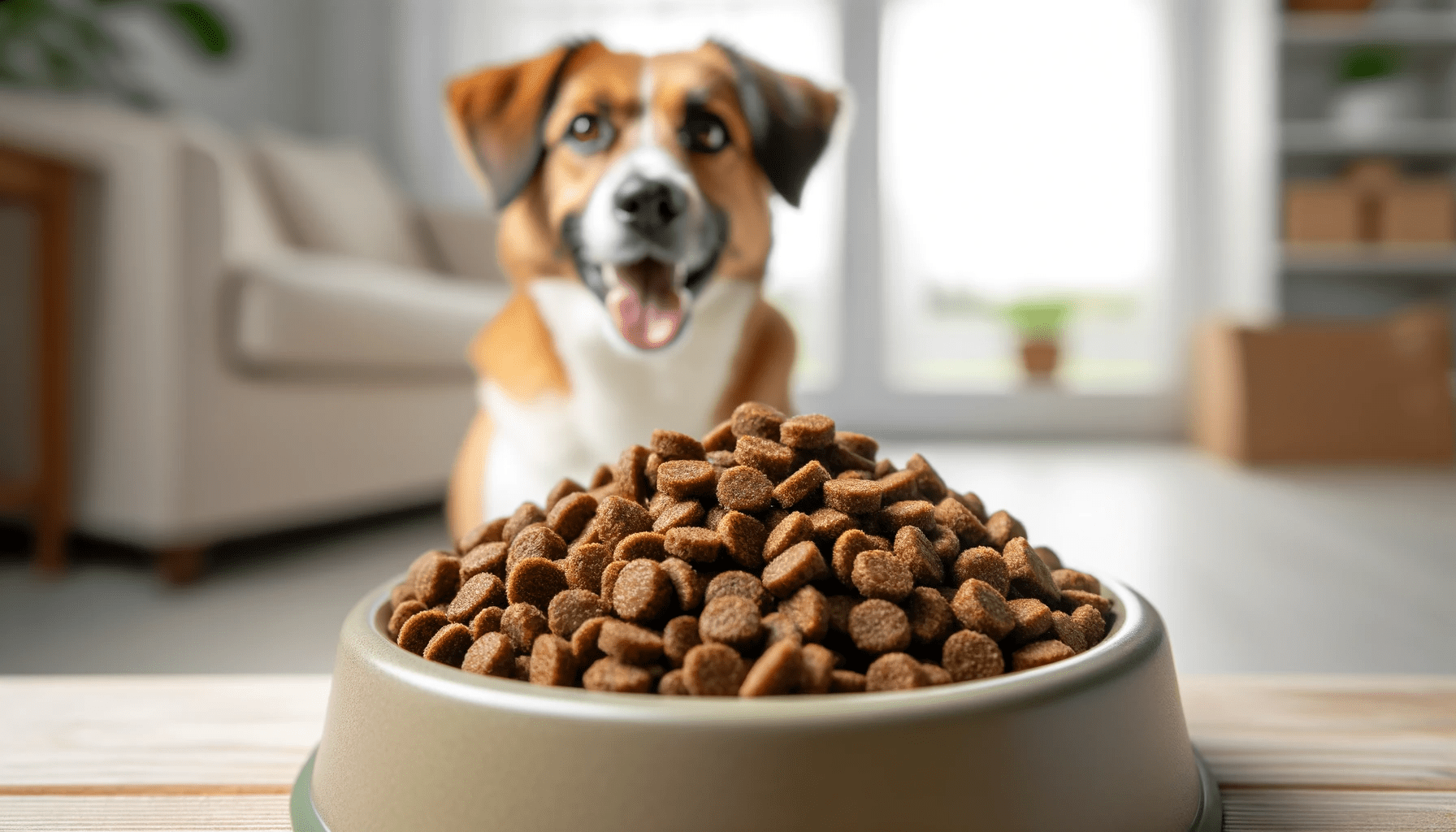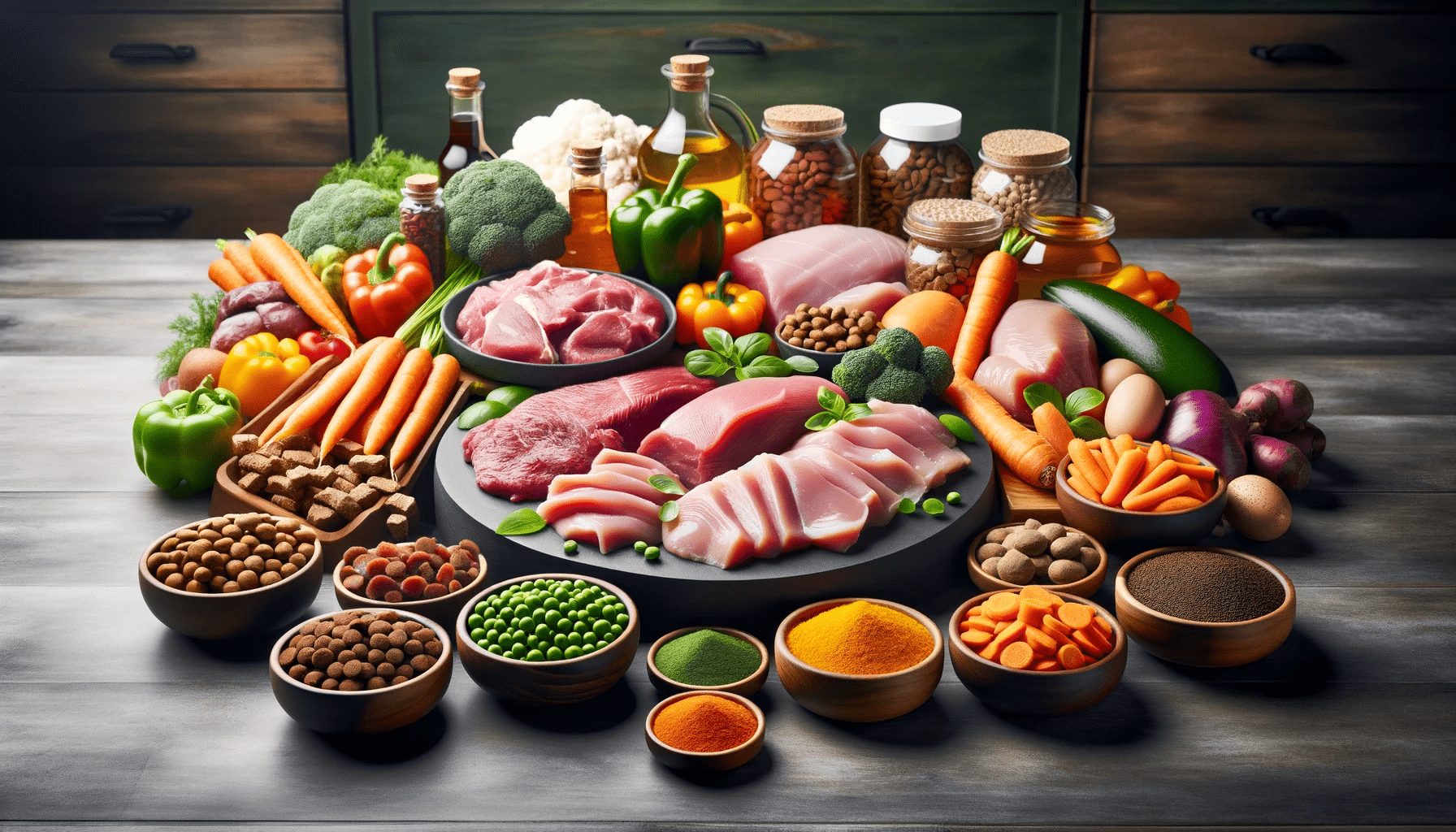Discover the six vital ways protein nourishes your dog's health.
From supporting muscle growth and repair to promoting a healthy skin and coat, protein plays a crucial role in your furry friend's wellbeing.
It strengthens their immune system, ensures proper organ function, and boosts energy and stamina.
With protein, your dog's growth and development are also optimized.
Dive into this article to learn more about how protein benefits your beloved canine companion.
Key Takeaways
- Protein is essential for muscle growth and repair, promoting optimal recovery and muscle development.
- Protein plays a crucial role in maintaining healthy skin and coat, promoting shiny fur and preventing dryness and dullness.
- Protein boosts the immune system, fighting off infections, enhancing disease resistance, and supporting white blood cell function.
- Protein is vital for the health and functionality of vital organs, ensuring proper organ function and hormone regulation.
Muscle Growth and Repair
Protein helps your dog build and repair muscles. When it comes to muscle growth and repair, protein plays a crucial role in your dog's overall health. Whether your dog is recovering from an injury or aiming to improve exercise performance, protein is essential for optimal recovery and muscle development.
During injury recovery, protein provides the necessary building blocks for repairing damaged muscle tissues. It helps to speed up the healing process and promotes the formation of new muscle fibers. Protein also aids in reducing inflammation and minimizing muscle loss during the recovery period.
In terms of exercise performance, protein is vital for enhancing muscle strength and endurance. It supports the growth and maintenance of lean muscle mass, allowing your dog to perform better during physical activities. Protein helps to repair any microscopic muscle damage that occurs during exercise, preventing muscle fatigue and improving recovery time.
To ensure your dog receives adequate protein for muscle growth and repair, it's essential to provide a balanced diet containing high-quality protein sources. Consult your veterinarian to determine the appropriate protein intake for your dog based on their specific needs and activity level.
Healthy Skin and Coat
Protein plays a vital role in maintaining your dog's healthy skin and coat. It helps promote a shiny and lustrous fur, preventing dryness and flaking.
Shiny Fur Benefits Protein
When it comes to your dog's health, protein plays a crucial role in promoting shiny fur and maintaining a healthy skin and coat. Adequate protein intake is essential for your dog's shiny fur maintenance and overall coat health.
Here's how protein benefits your dog's fur:
- Enhanced Hair Growth: Protein provides the building blocks for hair growth, ensuring that your dog's fur grows strong and healthy.
- Increased Shine: Protein-rich diets contribute to the production of natural oils that give your dog's fur a glossy and shiny appearance.
- Improved Coat Texture: Protein helps maintain the structure and strength of your dog's fur, preventing it from becoming dry, brittle, or dull.
Prevents Dryness and Flaking
To maintain healthy skin and coat, it's important to ensure that your dog's diet includes enough protein.
Protein plays a crucial role in preventing dryness and flaking by providing the necessary building blocks for healthy skin and hair growth.
However, hydration is equally important. Make sure your dog has access to fresh water at all times to support proper skin hydration.
Additionally, incorporating omega-3 fatty acids into your dog's diet can further enhance skin health. Omega-3 fatty acids have anti-inflammatory properties that help reduce dryness and itchiness. They also promote a healthy, shiny coat.
You can find omega-3 fatty acids in fish oil supplements, or in certain dog food formulas that are specifically formulated for skin and coat health.
Promotes Overall Skin Health
Ensuring a balanced diet with sufficient protein is essential for maintaining healthy skin and coat in your dog. Protein plays a crucial role in promoting overall skin health by preventing allergies and improving wound healing.
Here's how protein nourishes your dog's skin:
- Prevents allergies: Protein helps strengthen the immune system, reducing the risk of allergic reactions that can manifest as itching, redness, or rashes. A healthy skin barrier supported by protein can prevent allergens from penetrating the skin and triggering an allergic response.
- Improves wound healing: Protein is necessary for tissue repair and regeneration. It provides the building blocks needed for the formation of new skin cells, accelerating the healing process of wounds, cuts, or abrasions.
Strong Immune System
Protein plays a crucial role in supporting a strong immune system for your dog. It helps boost immune function by providing the necessary building blocks for immune cells and antibodies.
Additionally, protein aids in fighting off infections and enhancing disease resistance, ensuring your dog stays healthy and protected against harmful pathogens.
Boosts Immune Function
One key way protein nourishes your dog's health is by strengthening their immune system. A strong immune system is crucial for your dog's overall well-being, as it helps protect them from various diseases and infections. Here are three ways protein boosts immune function in dogs:
- Increased production of antibodies: Protein provides the building blocks for antibodies, which are essential for fighting off harmful pathogens. Adequate protein intake ensures that your dog's body can produce a sufficient amount of antibodies to defend against infections.
- Enhanced white blood cell function: White blood cells are the body's defense mechanism against foreign invaders. Protein supports the production and function of white blood cells, enabling them to identify and eliminate harmful substances more effectively.
- Anti-inflammatory effects: Certain amino acids found in protein have anti-inflammatory properties. By reducing inflammation, protein helps prevent chronic conditions that can compromise the immune system.
Fights off Infections
Strengthening your dog's immune system with protein is essential for fighting off infections and maintaining a strong immune system.
Protein plays a crucial role in preventing illness by supporting the body's defense against harmful pathogens.
When your dog consumes protein-rich foods, such as lean meats or high-quality dog food, their immune system is fortified, enabling it to ward off infections more effectively.
Protein provides the building blocks for antibodies, immune cells, and enzymes, all of which are vital for a robust immune response.
Additionally, protein aids in the production of cytokines, which are molecules involved in the immune system's regulation and coordination.
Enhances Disease Resistance
Did you know that a strong immune system, enhanced by protein, can help your dog resist diseases more effectively? A well-functioning immune system is crucial for your dog's overall health and well-being.
Here are three ways protein enhances disease resistance in dogs:
- Immune system support: Protein provides the building blocks for antibodies, which play a key role in fighting off harmful pathogens. A diet rich in high-quality protein helps maintain optimal antibody production, strengthening your dog's immune response.
- Disease prevention: Protein is essential for the production of immune cells, such as lymphocytes and macrophages, which actively seek out and destroy invading pathogens. A protein-rich diet helps ensure your dog has a robust immune system capable of effectively preventing various diseases.
- Anti-inflammatory properties: Certain proteins contain bioactive peptides that have anti-inflammatory effects. By reducing inflammation, protein helps to alleviate stress on the immune system, allowing it to focus on combating diseases.
Vital Organ Function
Protein plays a crucial role in maintaining the health and functionality of your dog's vital organs. One important function of protein is hormone regulation. Hormones are chemical messengers that help regulate various bodily processes, including metabolism, growth, and reproduction. Proteins are the building blocks of hormones, and without an adequate supply of protein, hormone production may be compromised, leading to imbalances and potential health issues in your dog.
In addition to hormone regulation, protein is essential for nutrient absorption. Your dog's vital organs, such as the liver, kidneys, and intestines, require protein to efficiently absorb and utilize essential nutrients from their diet. Proteins help transport nutrients across cell membranes and facilitate their uptake into the bloodstream, ensuring that your dog's organs receive the necessary nutrients for optimal function.
Protein also provides structural support to vital organs. It forms the foundation of cells, tissues, and organs, helping to maintain their integrity and strength. Without enough protein, your dog's vital organs may become weak and susceptible to damage, impairing their ability to carry out their functions effectively.
Energy and Stamina Boost
To give your dog an energy and stamina boost, include protein-rich foods in their diet. Protein is a vital nutrient that plays a crucial role in maintaining your dog's overall health and well-being. When it comes to energy and stamina, protein is particularly important.
Here's how protein can help increase your dog's endurance and improve their performance:
- Muscle Development: Protein is essential for building and repairing muscles. It provides the necessary amino acids that support muscle growth and maintenance. With strong muscles, your dog will have the power and strength to perform at their best.
- Oxygen Transport: Protein is involved in the production of hemoglobin, a protein in red blood cells that carries oxygen throughout the body. Adequate oxygen supply is crucial for energy production and maintaining stamina. Protein ensures that your dog's muscles receive an adequate oxygen supply, enabling them to sustain physical activity for longer periods.
- Nutrient Absorption: Protein is necessary for the digestion and absorption of nutrients. It helps break down food into smaller components, allowing for better absorption of vital nutrients, such as carbohydrates and fats. With improved nutrient absorption, your dog's body can efficiently convert food into energy, resulting in increased endurance and overall improved performance.
Incorporating protein-rich foods into your dog's diet can provide them with the necessary energy and stamina to excel in various activities. Ensure that their meals contain high-quality sources of protein, such as lean meats, fish, eggs, and dairy products.
Proper Growth and Development
To promote proper growth and development, include protein-rich foods in your dog's diet.
Protein plays a crucial role in the overall health and well-being of your furry friend. It provides numerous benefits for your dog's proper growth and development, including the formation and repair of tissues, the production of hormones and enzymes, and the support of a healthy immune system.
Protein is essential for healthy skin and coat as well. It helps to maintain the integrity of the skin barrier, preventing moisture loss and reducing the risk of skin infections. Additionally, protein supports the production of keratin, a key component of hair and nails, which contributes to a shiny coat and strong nails.
A diet rich in high-quality protein sources, such as lean meats, fish, eggs, and dairy products, ensures that your dog receives the necessary amino acids for optimal growth and development. These amino acids are the building blocks for proteins, which are essential for the synthesis of new tissues and the repair of damaged ones.
Remember to consult with your veterinarian to determine the appropriate amount of protein for your dog's specific needs. Providing your dog with the right amount of protein will contribute to their healthy growth, development, and overall well-being.
Frequently Asked Questions
Can Protein Supplements Alone Help With Muscle Growth and Repair in Dogs?
Protein supplements alone can help dogs with muscle growth and repair. However, relying solely on supplements may lead to protein deficiency, affecting skin health. It's important to provide a balanced diet.
What Are Some Signs of Protein Deficiency in a Dog's Diet That May Affect Their Skin and Coat Health?
If your dog's diet lacks enough protein, it can lead to signs of deficiency that affect their skin and coat health. In such cases, protein supplements can play a crucial role in promoting muscle growth and repair.
Besides Protein, What Other Nutrients Are Important for a Strong Immune System in Dogs?
Other important nutrients for a strong immune system in dogs include vitamins and minerals, as well as omega 3 fatty acids. These nutrients work together with protein to support your dog's overall health and well-being.
How Does Protein Intake Contribute to the Proper Function of Vital Organs in Dogs?
Protein intake is crucial for your dog's overall health. It plays a vital role in maintaining muscle mass and strength, supporting the proper function of vital organs like the heart, liver, and kidneys.
Are There Any Specific Protein Sources That Are Better for Providing Energy and Stamina Boost in Dogs?
Certain protein sources, like lean meats and fish, can provide your dog with the energy and stamina boost they need. Additionally, protein supplements can aid in muscle growth, promoting overall health and vitality in your canine companion.
Conclusion
In conclusion, protein plays a crucial role in nourishing your dog's overall health. It supports muscle growth and repair, promotes healthy skin and coat, and strengthens the immune system.
Protein also ensures proper functioning of vital organs and provides the energy and stamina necessary for an active lifestyle.
Furthermore, it's essential for the proper growth and development of your dog. By incorporating protein-rich foods into your dog's diet, you can help maintain their health and well-being.
